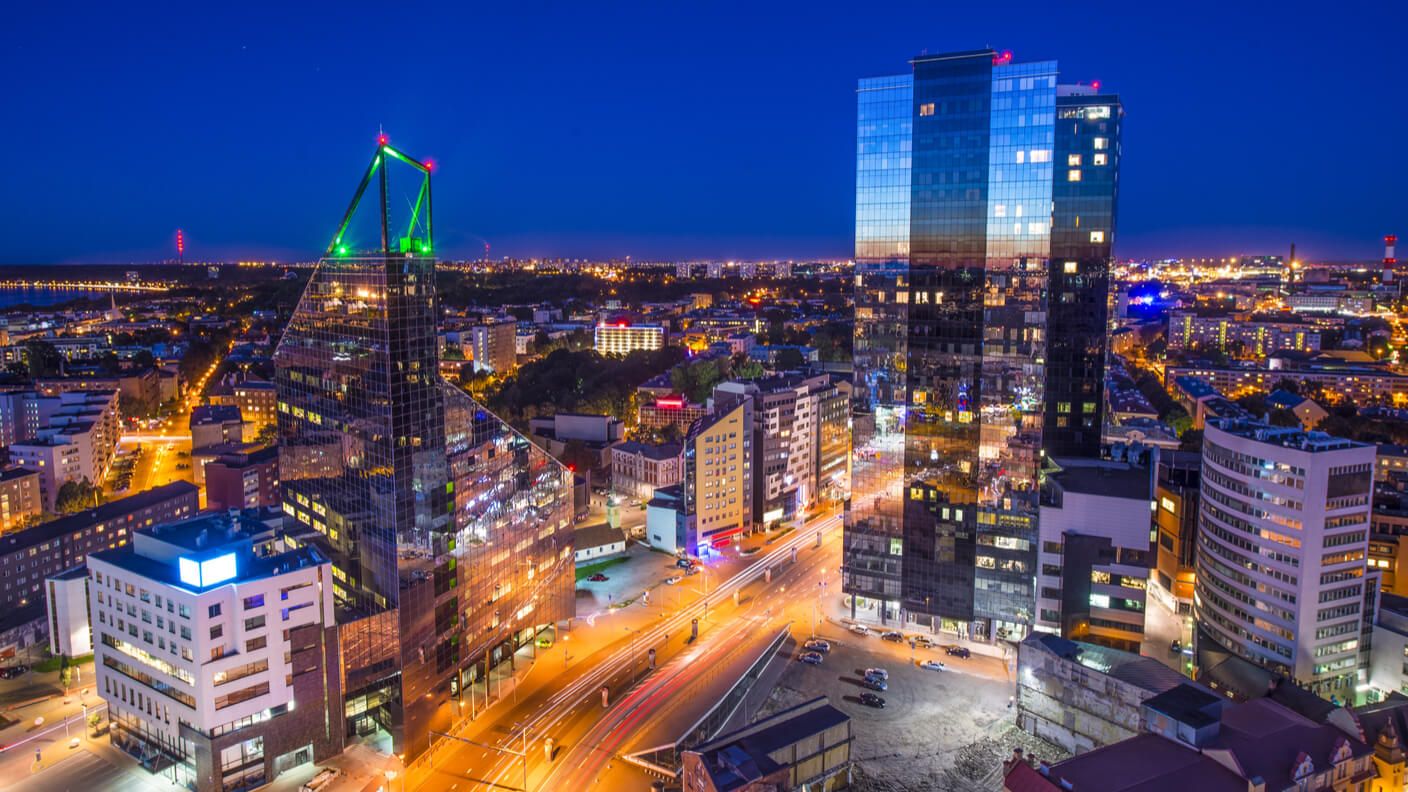Tallinn's Visionary Shift Towards a 15-Minute City Model
Tallinn, the capital of Estonia, is pioneering a transformative approach to urban development with the adoption of the 15-minute city concept. This innovative model aims to revolutionize the city's urban landscape by ensuring that housing, jobs, and services are all within a 15-minute reach for its residents. The

Tallinn, the capital of Estonia, is pioneering a transformative approach to urban development with the adoption of the 15-minute city concept. This innovative model aims to revolutionize the city's urban landscape by ensuring that housing, jobs, and services are all within a 15-minute reach for its residents. The Deputy Mayor, Madle Lippus, underscores the significance of this momentous shift, which relies on the best practices of sustainable urban planning to shape the city's future.
The city's strategic plans, influenced by the notion of sustainable development, have been meticulously designed to intertwine the ease of access to basic services with the conservation of Tallinn's rich heritage and biodiversity. The implementation of significant projects such as the Ülemiste joint terminal and the new ERR headquarters reflects a dedication to reimagining Tallinn's infrastructure. Moreover, the initiation of the new United States Embassy complex planning further demonstrates Tallinn's commitment to sustainable growth and modernization.
Public participation is also a cornerstone of Tallinn's urban planning process. With the draft plans for the Port of Tallinn area entering the public consultation phase, the city welcomes input from all stakeholders, emphasizing the importance of community engagement in shaping the urban environment.
Online initiatives, including the completed Põhja-Tallinn plan and the city center master plan's preliminary draft, illustrate Tallinn's progressive adoption of digital tools to facilitate sustainable urban planning. These platforms not only enhance transparency but also enable residents to contribute actively to the planning process.
In preserving its historical essence, Tallinn has completed the first phase of the Skoone bastion's restoration and continues to protect cultural landmarks such as the Pirita Monastery. The conservation efforts are complemented by the installation of informative panels that educate both locals and visitors on the historical significance of these sites, marrying heritage with sustainable resource use.
Lippus's vision for Tallinn is clear: to foster an urban environment that honors its past while eagerly forging a sustainable and accessible future. The city's ambitious plans are not just blueprints for growth; they are a testament to Tallinn's commitment to becoming a leading example of the 15-minute city concept, ensuring a high quality of life for its residents for decades to come.




